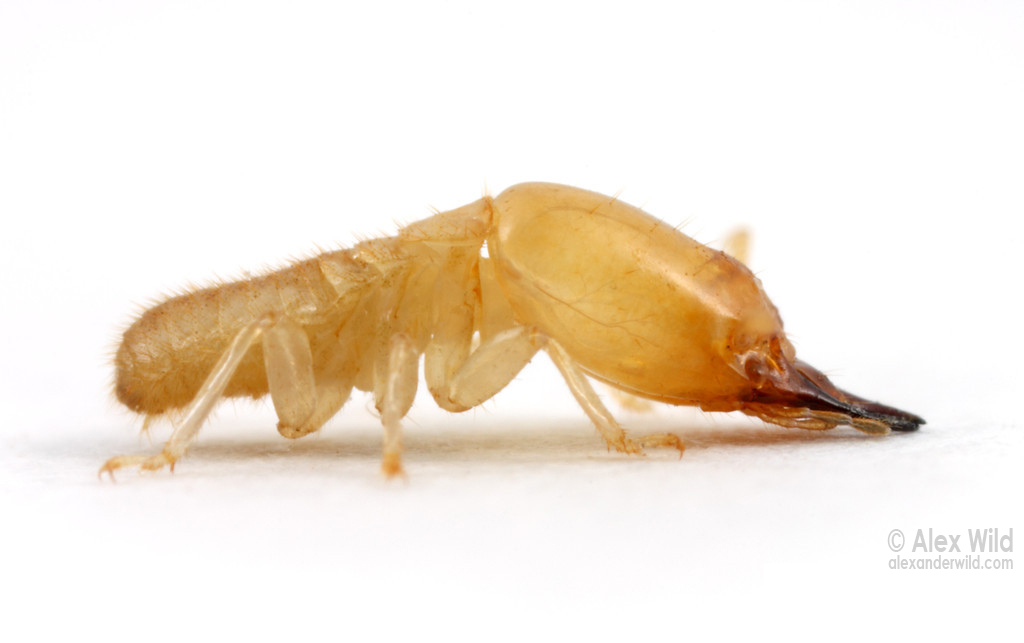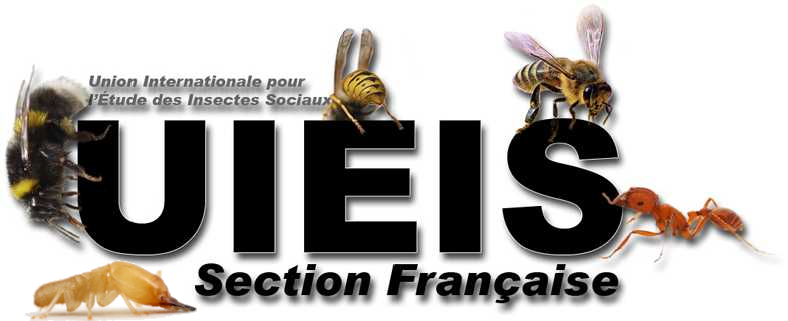
CALL FOR PAPERS: SPECIAL ISSUE OF SOCIOBIOLOGY ON TERMITES
Important Dates :
Deadline to submit a manuscript: August 1st, 2017
Publication is scheduled for November 2017
We are inviting you to take part in a special issue on termites that will be published by Sociobiology (ISSN: 0361-6525), a fast track peer-reviewed, free of publication fees and open access academic journal edited by Universidade Estadual de Feira de Santana (UEFS-Brazil). Sociobiology is indexed and abstracted by ISI-Web of Knowledge; SCOPUS; AGRICOLA; CAB Abstracts; Biological Abstracts, among others. IF : 2.382
Due to their astonishing abundance and typical cellulose-digesting abilities, termites impact ecosystem functioning, from biogeochemical cycles to species interactions. Their interindividual interactivity provides firm ground for the study of self-organized collective behaviour while their diplo-diploidy foments rich discussion on the evolution of sociality. All this, coupled with termites’ economic impact, implies that scientific interest in this prominent group of organisms is burgeoning and will continue to do so. It is, therefore, timely to invite termite researches to submit original manuscripts and review articles on any aspect of our current knowledge on termites for a special issue of Sociobiology.
The special issue will be published and promoted as part of the program of the IV Symposium of Termitology (IV SymTerm), which will be held in Viçosa-MG, Brazil, from November 07-10, 2017.
All submitted papers must contain only original work, which has not been published by or is currently under review for any other journal. Detailed information, and instructions for authors, please visit: http://periodicos.uefs.br/…/index.php/so…/about/submissions…
Dr. Paulo Cristaldo (Universidade Federal de Sergipe, Brazil)
Dr. Og DeSouza (Universidade Federal de Viçosa, Brazil)
Editors for this Special Issue
